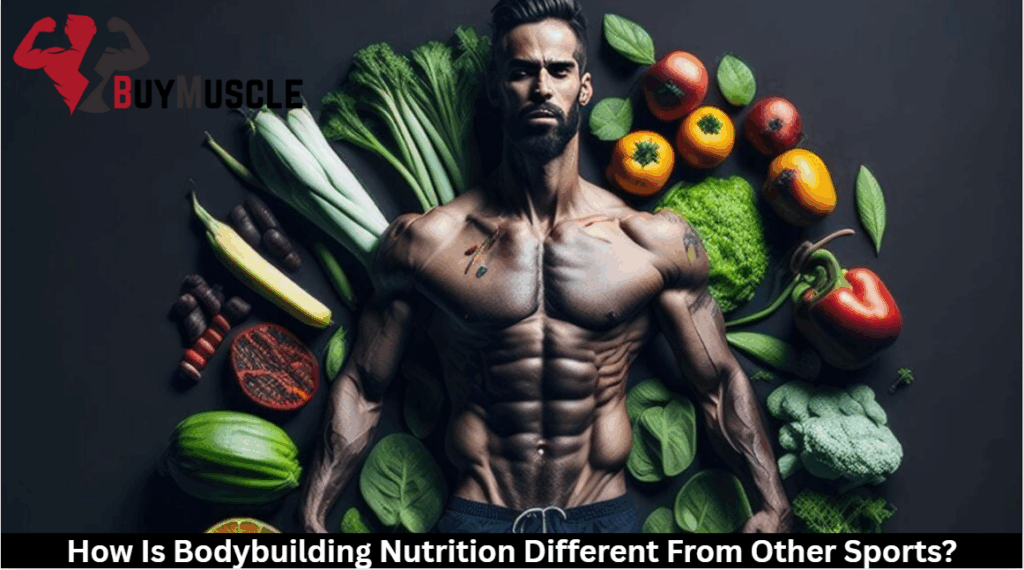How Is Bodybuilding Nutrition Different From Other Sports?
Bodybuilding nutrition stands apart from other sports with its precise cycling between bulking and cutting phases. You’ll need higher protein intake (1.6-2.2g/kg bodyweight) with strategic timing every 3-4 hours. Unlike endurance athletes, you’ll manipulate carbohydrates and fats based on training days, not just for energy but for specific aesthetic outcomes. Peak week protocols involving detailed […]
How Is Bodybuilding Nutrition Different From Other Sports? Read More »







